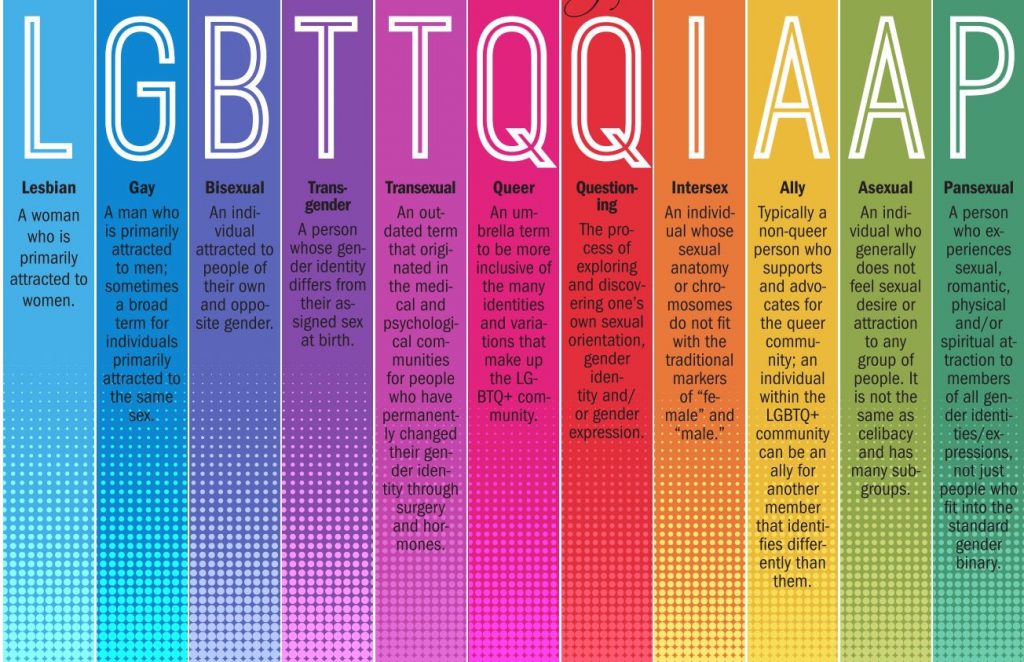A community is a group of people who share certain characteristics, share similar ideologies and mindsets, and/or live in the same area. But what about those who strongly believe they do not belong in the community, or who are forced to feel like outcasts and are bullied as a result of their differences? The LGBTQ+ community is subjected to similar forms of discrimination.
LGBTQ+ is an umbrella term that refers to lesbians, gay men, bisexuals, transgender people, queer people, and anyone else who feels they belong to a community with no boundaries. Individuals belonging to the LGBTQ+ community, face a variety of socioeconomic and cultural injustices as members of a social minority group. Their ability to fully access and enjoy their rights as citizens is hampered by a lack of social recognition. Because of their sexual orientation, they are more likely to face intolerance, discrimination, harassment, and the threat of violence than others. Unfortunately, these are not the only issues that this large community of people is dealing with. This article will give you a brief overview of the types of injustices perpetrated against them and what they are denied.
The effect of family reactions on children, which results in rejection and conflict: The topic of sexuality, sexual preferences, and same sex relationships is viewed as a threat to the Indian culture. This is the primary reason why homophobic families frequently abandon their children who come out as members of this community. If they are not abandoned, other cruel attempts are made to “normalise” and hetero-sexualize their child. Parents must understand that their child’s gender and/or sexual orientation do not reflect their abnormality, and that instead of making them feel unaccepted, they should be supported and encouraged in all ways.
Social exclusion and marginalisation: The number of atrocities committed against humans as a result of this is unfathomable. There have been reports of village medics and babas prescribing rape to cure lesbians of homosexuality because refusing to marry leads to more physical abuse. Honour killings are also reported in many parts of the country, so the only way for an individual to survive is to flee without any financial or emotional support from their family.
Discrimination in workplace/ Unemployment: Although Section 377 only decriminalises homosexuality, the LGBTQ+ community continues to face discrimination and injustice. Another issue they face is unemployment; many organisations refuse to hire them, primarily to avoid conflicts with other employees. Even if they are hired, there is no guarantee that they will not face discrimination and bullying. There is still a chance that they will feel unwelcome and harassed at work if they do not receive any support.
Furthermore, the discrimination “affects their ability to fully enjoy their civil, cultural, economic, political, and social rights.” According to a report, trans and intersex people face severe forms of discrimination and violence. Because of harassment, bullying, and violence, LGBTQ people are frequently denied educational and training opportunities,” according to the several report. Same-sex couples are also barred from adopting in India or, following the passage of the Surrogacy Regulation Bill last year, from using a surrogate.
The instances and issues mentioned above are those that the community is aware of; there are several other issues that they face. It is unjust to make someone feel excluded solely because of their gender or sexual orientation. It is critical to treat every human being with generosity and compassion, regardless of gender. People must accept that everyone has the right to make their own decisions, and no cultural norm should interfere with that. Raising awareness is the first step toward acceptance of the LGBTQ+ community, followed by non-judgmental behaviour. Make sure that you do your part to make our country a safe haven for all and a hate-free zone.
– Urveez Kakalia and Aakriti Mathur

